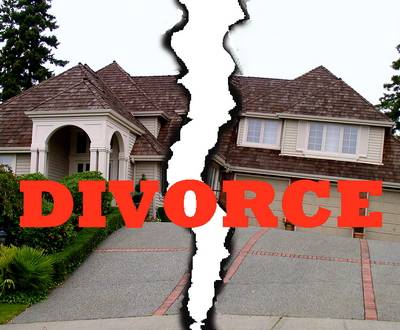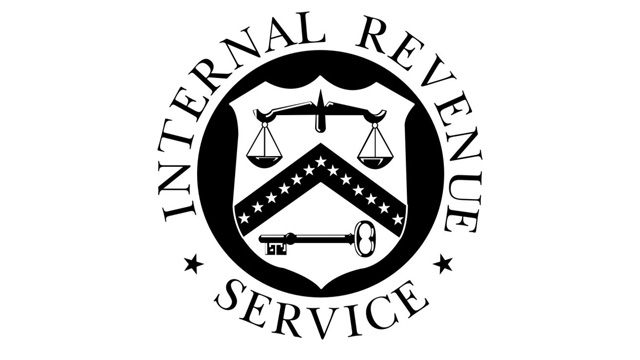 “What happens when I marry someone whose filed bankruptcy?” Is a common question. People want to know what affect a spouses’ prior bankruptcy may have on their own credit or borrowing power. The classic attorney answer is, “It depends.”
“What happens when I marry someone whose filed bankruptcy?” Is a common question. People want to know what affect a spouses’ prior bankruptcy may have on their own credit or borrowing power. The classic attorney answer is, “It depends.”
Generally speaking, the fact that your fiance filed a bankruptcy in the past is irrelevant to your current or future credit score. Marriage does not merge scores or credit histories, what it does do is require you both to sign some kinds of contracts when a lender extends you more credit.
One of the few ways having a spouse who has a bankruptcy in their past can effect you is when it comes to borrowing. You can only borrow as much as your credit allows. Married couples are allowed to borrow as much as their combined credit allows. So, if your spouse has a low credit score, your combined credit score will be lower, thereby limiting your combined borrowing power. There are ways around this. A co-signer with a strong credit score can help you qualify for a larger loan amount. Some banks, such as Bank of England even have programs by which you start a mortgage with a cosigner and then after one year of proper payments they may offer you a refinance to remove that cosigner’s name. Another way to deal with your spouses’ credit problems is to take time and work on increasing their credit score. By taking out a secured credit card, you can help build your spouse’s credit score but you must be sure that the card actually reports your history of good payments to the credit bureaus. Capital One offers a Visa that is supposed to report to the three bureaus. Some of these cards have annual fees, so shop around to find the best rates. After a year of good payment history, you should then have your spouse apply for a unsecured credit card with the same company -this time in only their name. They are more likely to get approved this way and once the card is in their name only, their credit should be able to build faster.
 Jacksonville Bankruptcy Lawyer Blog
Jacksonville Bankruptcy Lawyer Blog











